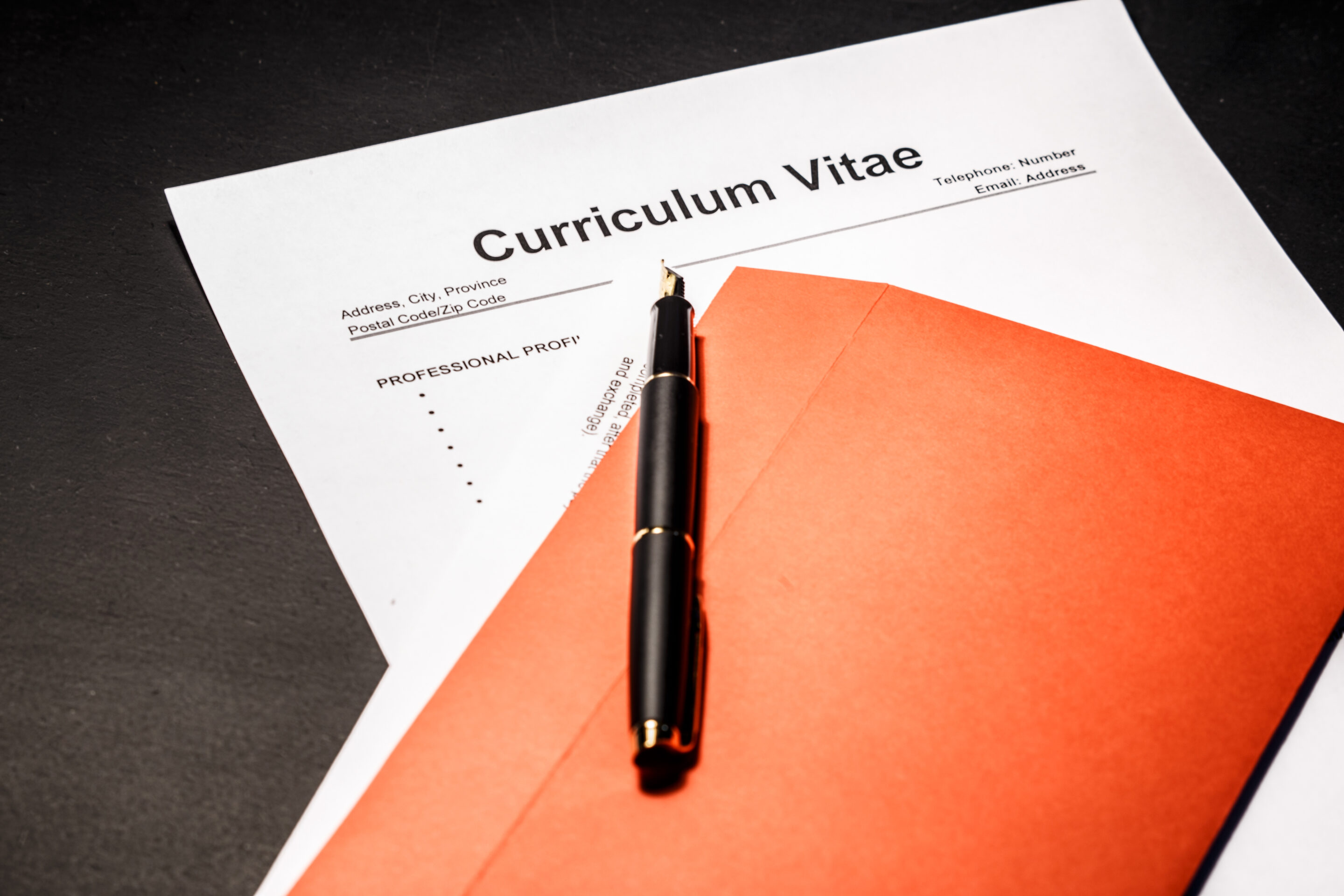

Do you need to write practice or practise? The short answer is, it depends.
Many find it tricky to know when to use one or the other. So, in order for you to be able to practise using the right one every time, let’s look at the facts.
Are you American?
If you’re American, or you use American English, the answer is very simple: you only ever use the c-version, practice. No matter the context or the function the word has in the sentence, it’s always practice.
Phew, that was easy. If that applies to you, make sure you do something useful with the time you’re saving while the rest of us carry on – like practicing the banjo, perhaps.
Not American? Stay with us
If you use British English, you’ll need both practice and practise, so you’ve got a bit more work to do here.
In short: you should use practise when you’re using the verb (that is, the ‘doing’ word), and practice for the noun (or ‘thing’ word).
To practise in the UK
The verb practise means to perform in order to improve, to carry out or to be engaged in a particular occupation. So you might practise scales on the piano, or practise law after being called to the bar.
Here’s a tip: if you could give it an –ed or –ing ending, or put to before it, it’s the verb. (Or, as Rob, our big chief editor, puts it: ‘To remember the verb, think –sed [said] or –sing.’)
He sat down to practise scales on the piano.
She has been practising law for three years.
A British practice
The noun practice can mean a rehearsal or run-through, the act of doing something or a customary action.
It can also mean an office belonging to certain professionals – such as a doctor’s practice, a lawyer’s practice or the dreaded dentist’s practice.
Tip: if you can put a or the before it, or could reasonably substitute the word rehearsal, habit or performance, it’s a noun. (Rehearsal, habit and performance are all nouns too, you see.)
She was skilled in the practice of law.
I need a practice session before my piano recital.
It was his practice always to proofread his emails before sending them. (You could also write: It was his habit always to proofread his emails before sending them.)
C nouns and S verbs
In British English, you’ll find a lot of other examples of words where the noun version is spelled with a c and the verb version with an s, such as licence/license and advice/advise.
So you might advise someone to get their driving licence before going on a road trip. Or you might license them to reprint extracts from your advice column.
There are other examples out there too. Why not make a practice of looking out for them?
Image credit: Rawpixel / Shutterstock
Subscribe
Expert advice to your inbox





